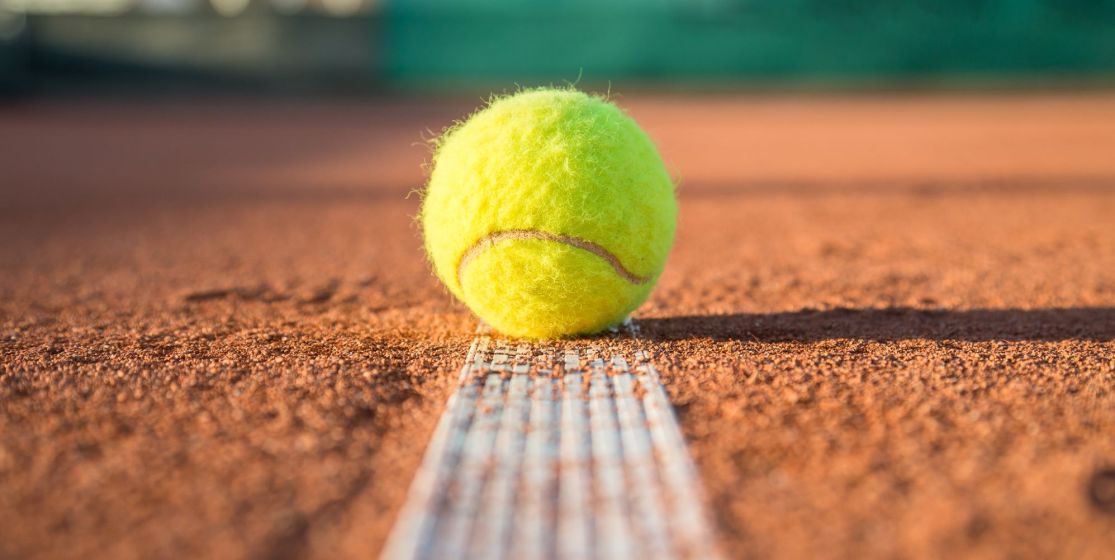After a poor spring by her standards, Serena Williams has once again become the steamroller that we know. After winning two Olympic gold medals, Wimbledon and Flushing Meadows, she opened the door to the only question worth asking. Is she the best female player of all time?
That girl makes them all crazy. She disappears, nobody knows what she's doing or where she is. Then she comes back, after months of holidays and wins again. Almost every time. Other players curse her. In silence. Serena flouts the laws of gravity and sports logic. This is what makes her so special. From this point of view, she looks a lot like Andre Agassi and his erratic career. Too many demons to settle for a straight path like Sampras. When she’s not playing the fashionista in New York or Milan, she can suffer a pulmonary embolism (as she did in the summer of 2011) and come back stronger than ever. Always. Monica Seles, who has seen the best - Evert and Navratilova at the start of her career, Graf and Hingis in the middle; the Williams and the Russians at the end - was already saying as early as spring 2010: "Serena has the potential and the attributes to be the best player of all time. She has a great service, a good backhand, a fantastic movement and an incredible power. No player is as strong as her."
Her career in 2012, after six months of absence, is simply staggering. Fifty-three wins, four losses: Makarova in the last 16 in Australia, Wozniacki in the quarter-finals in Miami, Kerber in Cincinnati in August and Razzano in the first round in Roland Garros. A setback that changed everything. Since Paris, she hired Patrick Mouratoglou and became unplayable: victory at Wimbledon, gold medals in both singles and doubles with Venus at the Olympics, and success in New York... What else? Virginie Razzano was saying that the American was giving her dark glances in the locker room during the U.S. Open, as if to ward off bad luck. "Before Roland Garros, I wasn’t playing so well so I had a rough time at the beginning of Wimbledon," confided the four-time winner during her press conference in the Big Apple. And then there was the trigger pulled by Mouratoglou, absent for Serena’s only defeat of the summer, in Ohio, and more than a coach according to the tennis newspaper of the week.
A sister killed by a bullet
Like Venus and her seven Grand Slams in singles, Serena has come long way. From a tennis-crazy dad, who dreamed of seeing his daughters dominate the very white world of the little yellow ball. Born in Michigan, she moved to Los Angeles at the age of five, and not to the heights of Beverly Hills. In 2003, she lost a sister, Yetunde, shot dead. In often complicated world of father-daughter relationships in tennis (see. Dokic, Pearce, Rezai, Bartoli... Editor's note), the quadruple Olympic champion also had to fight in her own family. Being top dog in the Williams rankings amounted for a long time to being world number one. After the inevitable pauses (injuries, as in 2010 to her feet after walking on glass, depression or ramblings, Editor's note) which seem to be a family trademark, Serena always came back. Regaining her mental toughness and her compulsive need of the game "She realized she had the chance to play again and win” said Mouratoglou in New York last month. Rollercoaster, a bipolar’s classic. A geniuses' one as well...
"When you play against her, it can be scary sometimes. Especially when returning. When you hit the ball, you feel like you just received an electric shock in the arm" recalls Sarah Pitkowski with dismay. Since she won her fifteenth Major (5 Wimbledon and Australian Open, 4 U.S. Open and 1 Roland Garros, Editor's note), thirteen years after the first (the longest gap between two Grand Slams in the Open era, men and women alike, Editor's note) her place in history raises questions. Statistically, she is in sixth position behind Margaret Court (24 Grand Slams, 1960-1973), Steffi Graf (22 from 1987 to 1999), Helen Wills Moody (20 1923-1938) and the lovebirds Chris Evert and Martina Navratilova (18 each). Yet Monica Seles, Kim Clijsters and Victoria Azarenka believe that she’s the best tennis player of all time. It’s hard to prove. The most powerful, without a doubt. One of the best athletes in all disciplines, probably. BIN terms of technique, it's less clear-cut. There have always been concerns about her footwork, sometimes a bit rough, and her lack of patience on clay. She has won only once in Paris. One thing is for sure, this great "war machine", says Mouratoglou, would never be "a bunny for anyone, says Sarah Pitkowski. I don't know what is her place in history but neither Steffi (Graf), Evert nor Navratilova at their best would have been assured of winning against her. Playing Serena can be a terrible experience..." Meanwhile, reinvigorated by her enchanted summer, Serena wants more: "I never thought I could get closer to these records until recently. If I can keep playing at a good level and win two Majors per year, it would be fantastic" she said shortly after her victorious final against Azarenka in Flushing. Try her.
By Rico Rizzitelli






